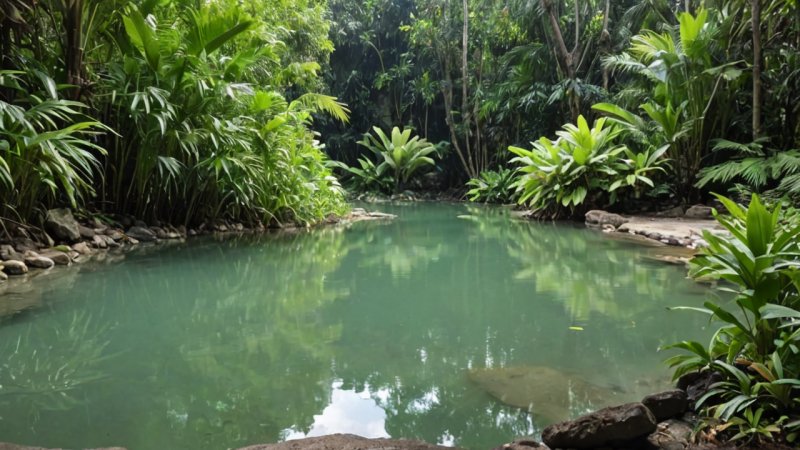Water is an essential resource for life, yet it is becoming increasingly scarce due to climate change, pollution, and unsustainable practices. In the face of these challenges, water conservation emerges as a crucial strategy for enhancing climate resilience and ensuring sustainable living. This article explores the significance of water conservation in the context of climate resilience, highlighting key practices and initiatives that individuals and communities can adopt to make a difference.
Climate change affects water availability and quality, leading to droughts, floods, and other extreme weather events. As temperatures rise, water sources are depleted faster than they can be replenished. This not only threatens agricultural productivity but also impacts health and wellbeing, especially in vulnerable communities. By conserving water, we can mitigate these effects, ensuring that this precious resource is available for future generations.
One of the most effective ways to conserve water is through mindful usage in our daily lives. Simple changes such as fixing leaks, using water-efficient appliances, and collecting rainwater can significantly reduce water waste. Additionally, adopting practices like shorter showers, turning off the tap while brushing teeth, and using a broom instead of a hose to clean driveways can contribute to substantial water savings.
Communities can also play a pivotal role in water conservation. Initiatives such as community gardens, which use sustainable irrigation methods, not only promote local food production but also teach residents about the importance of water management. Educational programs in schools can raise awareness about the value of water conservation among younger generations, fostering a culture of sustainability.
On a broader scale, governments and organizations can support water conservation through policies and infrastructure improvements. Investing in water recycling and treatment facilities, as well as promoting green infrastructure like permeable pavements and green roofs, can enhance community resilience against climate-related water issues. Furthermore, international cooperation is essential to address transboundary water challenges, ensuring equitable access to clean water resources.
In conclusion, water conservation is not just an individual responsibility but a collective imperative. By adopting sustainable practices, supporting community initiatives, and advocating for effective policies, we can significantly enhance our resilience to climate change. Every drop counts in the fight against climate impacts, and together, we can create a more sustainable future for all.






